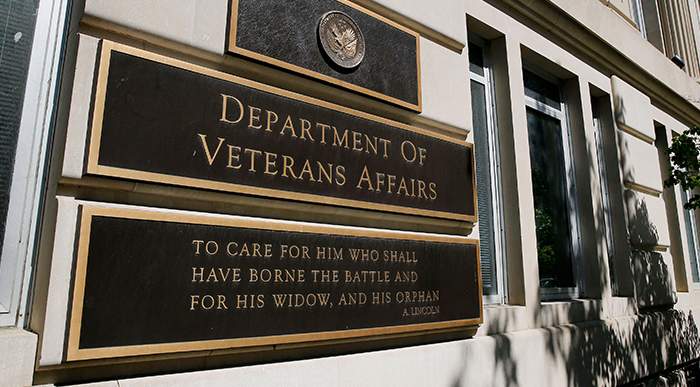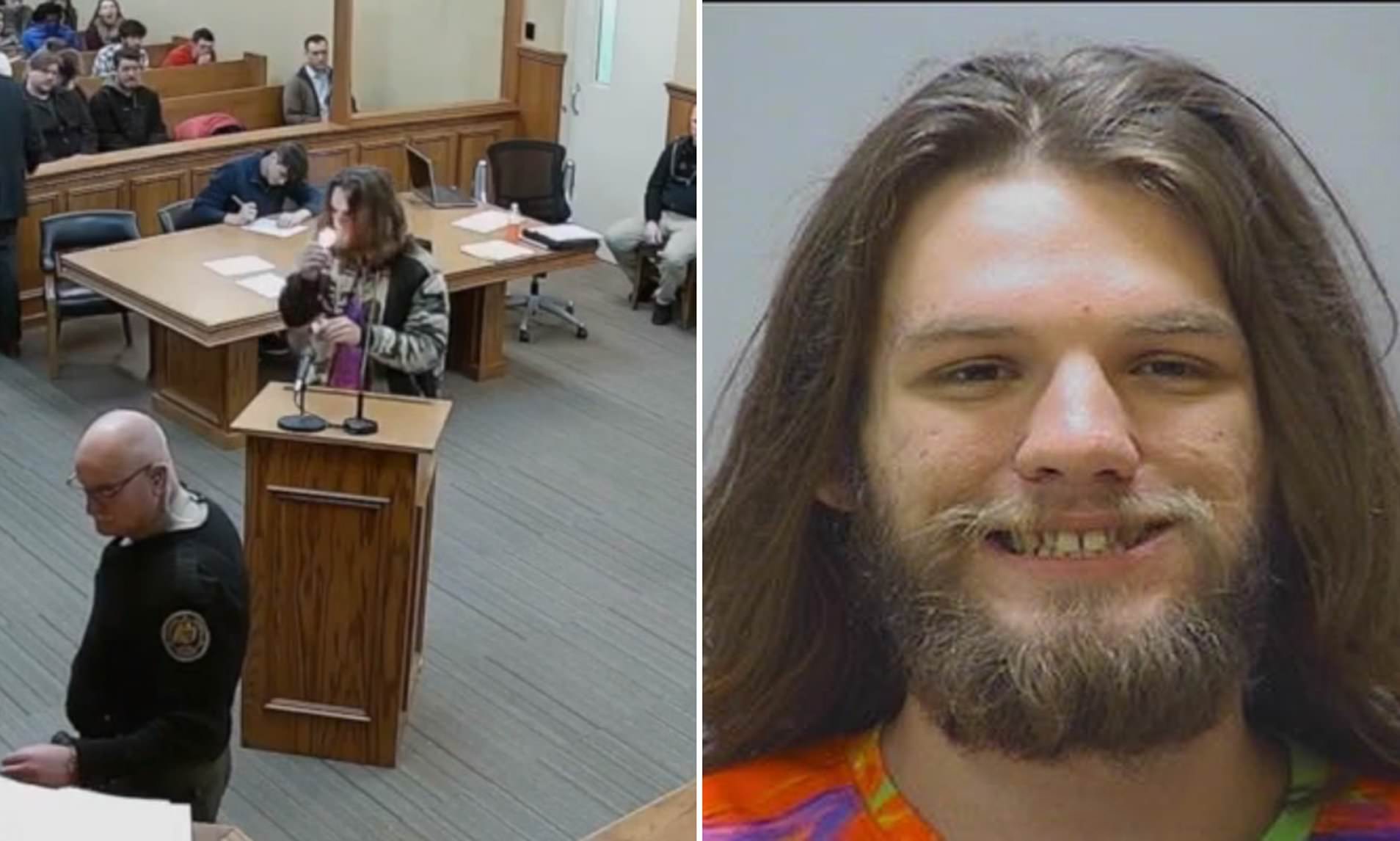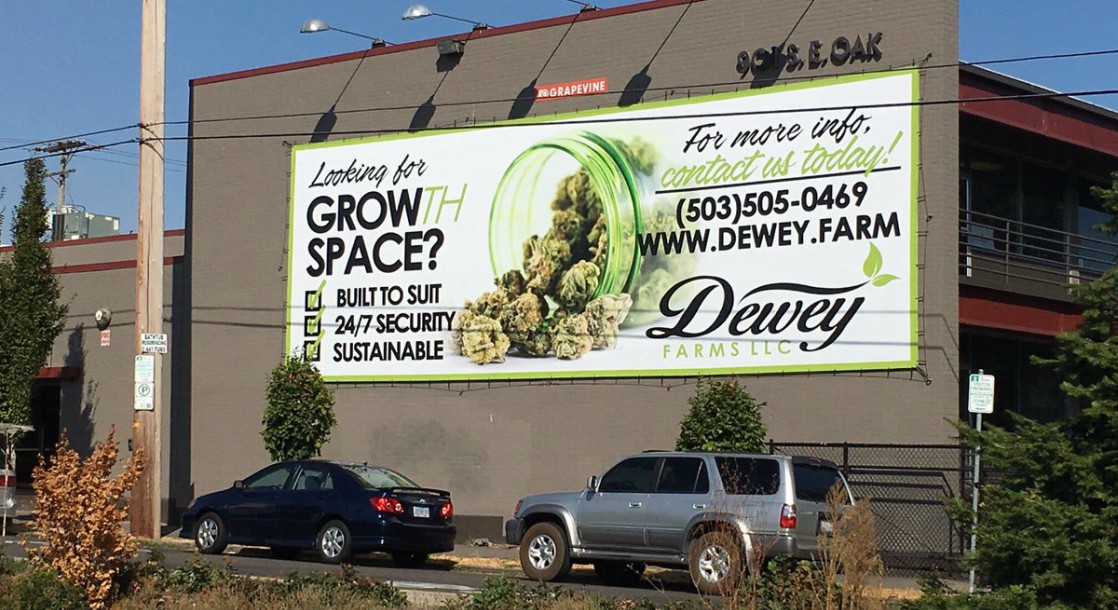Last month, Congress stripped a provision from its Veterans Affairs funding bill that would allow VA doctors to discuss the use of medical marijuana with patients in states where it is legal.
Meanwhile, the New York Times Editorial Board published an editorial in July that outlined the suicide crisis in the U.S. military, as well as the VA system’s inability to cope with veterans’ needs. Veterans make up 18 percent of adult suicides in the U.S.—about 22 per day. That number does not include the disproportionately high number of veterans who are addicted to opiates, largely because VA doctors over-prescribed them when soldiers first started returning from war in the early 2000s.
When these variables come together—high rates of PTSD, high addiction rates, high suicide rates, high unemployment, and an aging VA healthcare system—one solution that could address it all is for the VA to implement its own medical marijuana program, with soldiers employed as the growers.
A recent study showed that in states where medical marijuana is legal, Medicare prescription drug costs went down dramatically. For those not involved in medical marijuana programs, the cost of pharmaceutical drugs continues to skyrocket, and the VA is feeling the squeeze.
According to a U.S. News report, “the VA stopped treating veterans with hepatitis C for a time after it exceeded the $700 million budgeted specifically for the drug. This occurred despite the VA’s negotiated rate of a nearly 40 percent discount.” Coincidentally, hepatitis C is one of the many ailments medical marijuana is used to treat.
A VA medical marijuana program could save the VA millions of dollars in treatment and drug costs, but more important, it could save lives.
Veterans should be the first people to reap the benefits of the changing tide for medical marijuana—especially when it comes to treating ailments related to war. It should not matter if a soldier lives in Colorado or Alabama.
The very least the VA should do, and that the public should demand, is to make sure veterans have access to the most progressive treatments available. It is unacceptable that the people who risk their lives for this country are at the mercy of an outdated VA health system, pharmaceutical interests, and Washington bureaucrats.
In its editorial, the New York Times called for a more robust VA—which is something that is often discussed, but rarely observed. There are many interventions that need to happen to bring the VA system up to the level our veterans deserve. Medical marijuana is an easy way the VA can truly support our troops by providing natural, safer treatments for veterans seeking healthcare, as well as employment opportunities for soldiers returning from combat.
Veterans deserve the best care available, and it can start with weed.











